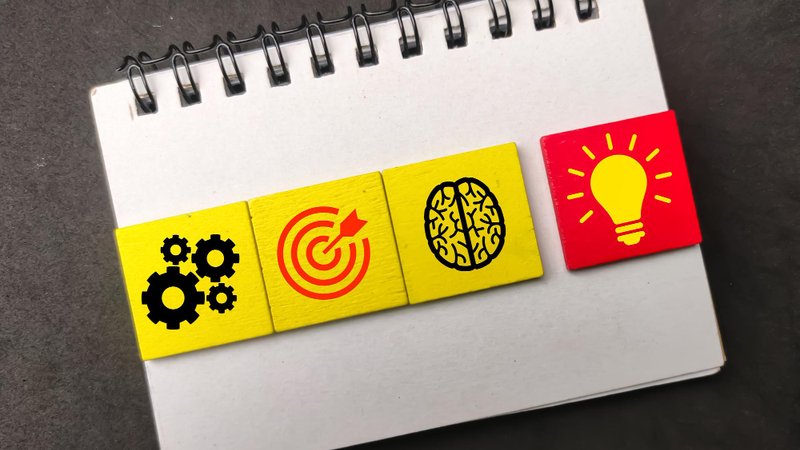I. Communication Skills:
Active Listening
Paying full attention to what others are saying, understanding their points, asking clarifying questions, and providing verbal and non-verbal feedback.
Clear and Concise Speaking
Expressing your ideas and opinions in a way that is easy for others to understand, avoiding jargon or ambiguity.
Effective Written Communication
Writing clear, concise, and professional emails, messages, and reports.
Non-Verbal Communication Awareness
Understanding and interpreting body language, facial expressions, and tone of voice, and being mindful of your own non-verbal cues.
Providing Constructive Feedback
Offering helpful and specific feedback that focuses on behavior and impact, rather than personal judgment.
Receiving Feedback Gracefully
Being open to feedback, listening attentively, and considering it for improvement without becoming defensive.
Facilitation Skills
Guiding discussions effectively, ensuring everyone has a chance to speak, and keeping the team on track.

II. Collaboration Skills:
Mutual Respect
Valuing each team member's contributions, opinions, and differences.
Trust Building
Creating an environment where team members feel safe to be open, honest, and vulnerable.
Empathy
Understanding and sharing the feelings of other team members.
Compromise and Negotiation
Being willing to find middle ground and reach mutually acceptable solutions.
Conflict Resolution
Addressing disagreements in a constructive and respectful manner, aiming for win-win outcomes.
Shared Responsibility
Taking ownership of your tasks and contributing fully to the team's goals.
Supporting Others
Offering help and assistance to team members when needed.
Delegation Skills
Assigning tasks effectively based on individual strengths and ensuring clear understanding of expectations.

III. Organization and Planning Skills:
Goal Setting
Collaboratively defining clear, measurable, achievable, relevant, and time-bound (SMART) goals.
Task Management
Organizing and prioritizing individual and team tasks effectively.
Time Management (as a team)
Coordinating schedules, meeting deadlines, and using time efficiently as a group.
Meeting Management
Planning effective meetings with clear agendas, sticking to the schedule, and documenting outcomes.
Resource Management
Utilizing team resources (time, tools, information) effectively.

IV. Problem-Solving and Critical Thinking Skills:
Identifying Problems
Collaboratively recognizing and defining issues the team needs to address.
Analyzing Problems
Working together to understand the root causes and contributing factors of problems.
Brainstorming Solutions
Generating a wide range of potential solutions through open discussion.
Evaluating Solutions
Critically assessing the pros and cons of different options.
Decision Making
Reaching consensus or making effective decisions as a team.
Adaptability
Being flexible and adjusting plans when faced with unexpected challenges.

V. Leadership and Interpersonal Skills:
Showing Initiative
Taking proactive steps and contributing ideas without always being asked.
Motivating Others
Encouraging and inspiring team members to perform their best.
Providing Positive Reinforcement
Acknowledging and appreciating team members' efforts and contributions.
Emotional Intelligence
Understanding and managing your own emotions and recognizing and influencing the emotions of others.
Accountability
Taking responsibility for your actions and commitments.

By focusing on developing these skills, individuals can significantly enhance their ability to work effectively within a team, leading to greater success and a more positive collaborative experience. You can encourage your team members to actively practice these skills in their daily interactions and projects.

